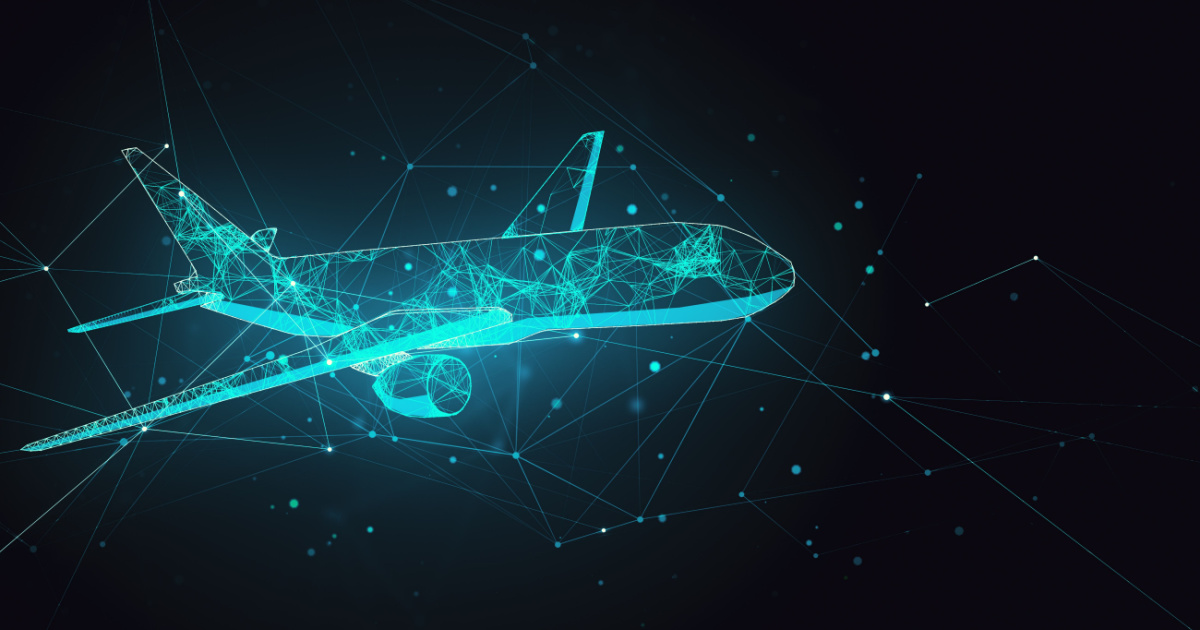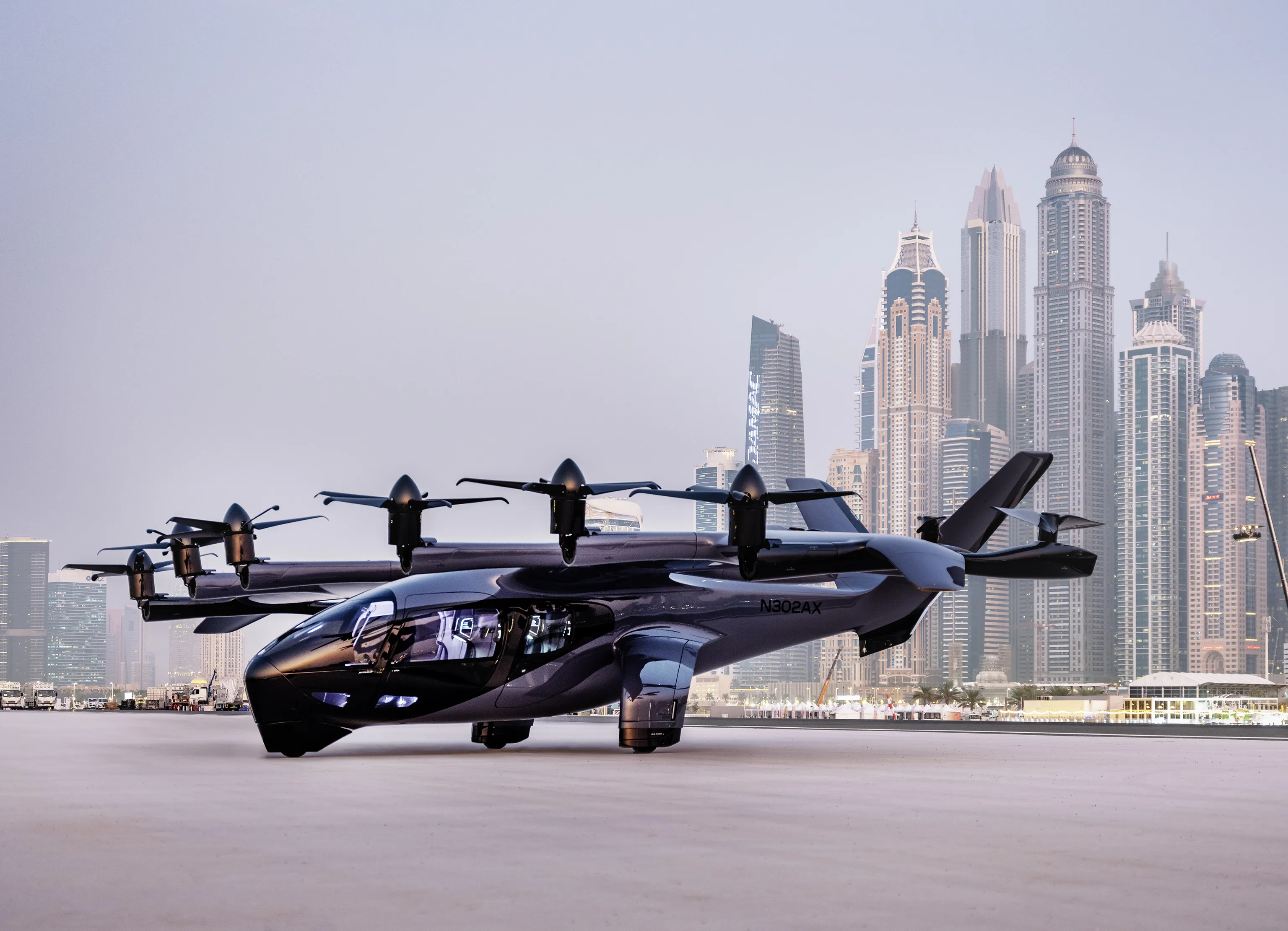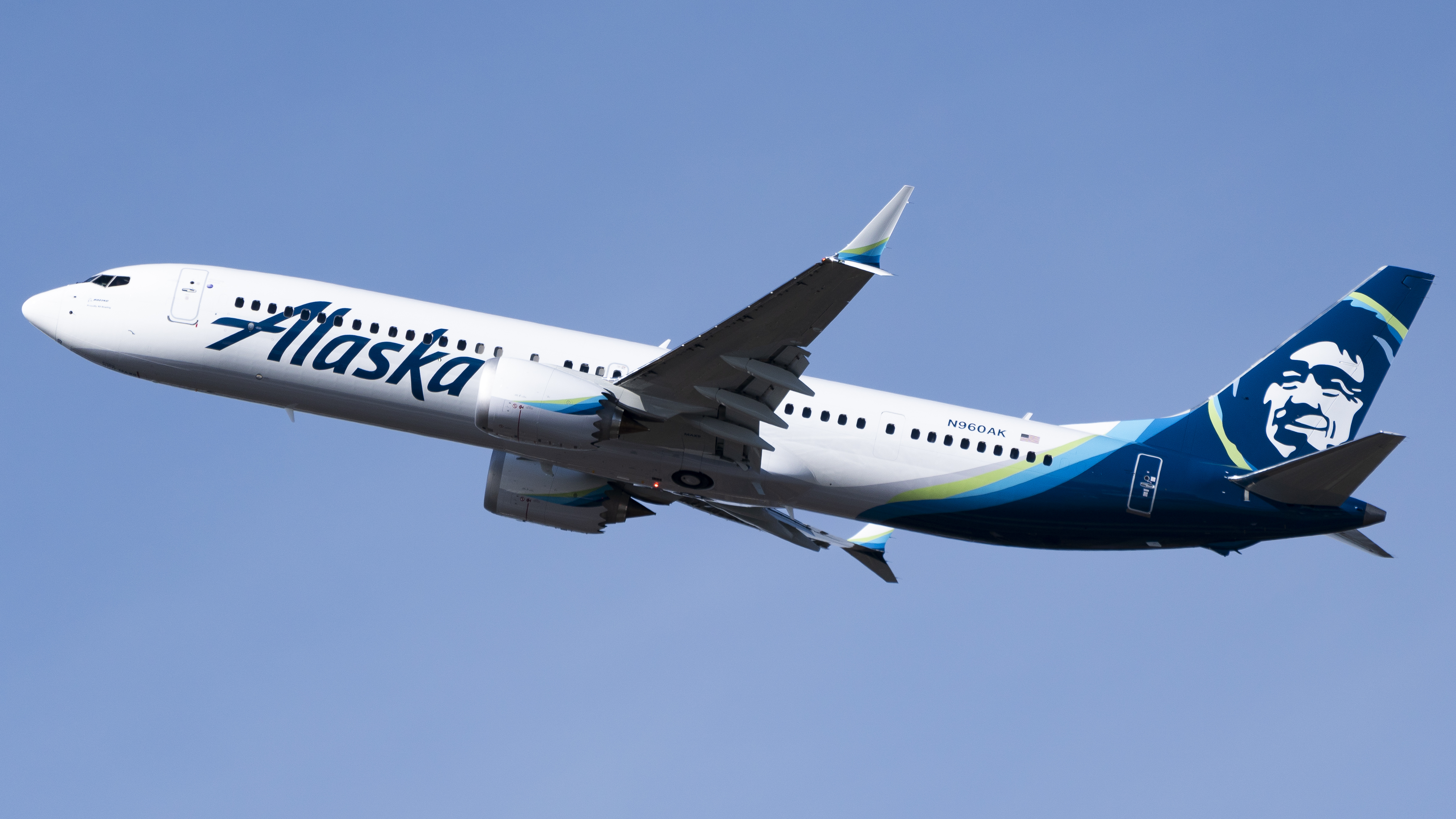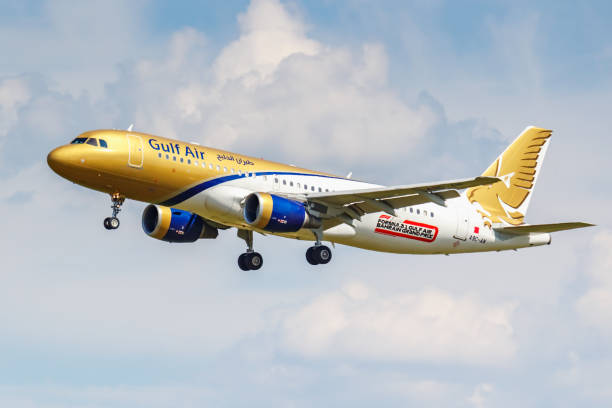The Sky's the Limit: AI's Ascent in Aviation
Imagine a world where flights are consistently safer, more efficient, and personalized to your individual needs. This isn't a scene from a science fiction movie; it's the rapidly evolving reality of aviation, thanks to the integration of Artificial Intelligence (AI). Aviation Info Bites takes you on a journey through this technological revolution, exploring how AI is transforming every aspect of flight, from the ground up.
AI Pilots: More Than Just Automation
The role of AI extends far beyond simple automation. While autopilot systems have been around for decades, AI brings a level of cognitive ability previously unimaginable. Consider this: AI can analyze vast amounts of data in real-time, making decisions far faster and more accurately than a human pilot in certain situations. One critical application is in predictive maintenance. As AI analyzes sensor data to predict potential equipment failures before they occur. This minimizes downtime and enhances safety by ensuring aircraft are always in peak condition. It's not about replacing pilots, but augmenting their abilities and allowing them to focus on strategic decision-making.
Data-Driven Efficiency: Smarter Skies
Airlines are constantly striving to optimize fuel consumption and reduce delays. Here's where AI steps in as a powerful tool. AI algorithms can optimize flight routes based on real-time weather conditions, air traffic patterns, and even predicted turbulence. This leads to significant fuel savings and a smoother ride for passengers.AI-powered route optimization can reduce fuel consumption by up to 5%. Think of the environmental and economic benefits! Furthermore, AI is improving air traffic management. By analyzing complex data streams, AI can help air traffic controllers manage airspace more efficiently, reducing congestion and delays. In fact, AI is expected to reduce air traffic delays by 10% by 2030. This translates to less time spent circling above airports and more time at your destination.
Personalized Experiences: Tailored to You
Beyond the operational aspects, AI is enhancing the passenger experience. Imagine a flight attendant who anticipates your needs before you even voice them. AI-powered chatbots and virtual assistants are being used to provide personalized customer service, from booking flights to answering questions about baggage allowance. These systems can analyze your past travel preferences and offer recommendations tailored to your specific tastes. According to Customer satisfaction with AI-powered customer service is 20% higher than with traditional methods. This means happier customers, and ultimately, a more successful airline. As Dr. Emily Carter, lead AI researcher at Aerospace Innovations, stated, "AI allows us to create a truly personalized travel experience for each passenger, anticipating their needs and providing them with the best possible service."
The Future of Flight: Unmanned and Unstoppable
While the idea of unmanned aircraft might seem like something from a science fiction film, it's rapidly becoming a reality. AI is crucial for the development of autonomous aircraft, from cargo drones to potentially even passenger planes. These systems rely on sophisticated AI algorithms to navigate complex environments, avoid obstacles, and make critical decisions in real-time. As Johnathan Mark, CEO of AviaTech Solutions, puts it, "Autonomous aircraft powered by AI will revolutionize logistics and transportation, opening up new possibilities for delivering goods and services to remote areas." Of course, stringent safety regulations and public acceptance are crucial factors that need to be addressed before widespread adoption of autonomous passenger planes can occur. The biggest concern remains safety. The sentiment echoes by, Amelia Stone, Safety and Regulation Officer at the Federal Aviation Authority. Her exact words were; "AI holds tremendous potential to enhance safety in our skies. It is equally important that we ensure the deployment of such technology in a manner that prioritize public safety and is strictly regulated".
Embracing the AI Revolution: A Smoother Journey Ahead
The AI revolution in aviation is not just about technological advancements; it's about creating a safer, more efficient, and more enjoyable travel experience for everyone. While challenges remain, the potential benefits are undeniable. As AI continues to evolve, we can expect even more innovative applications that will transform the way we fly.
AI is fundamentally changing aviation, leading to safer, more efficient, and more personalized travel experiences. Embrace the future of flight – it's taking off!




